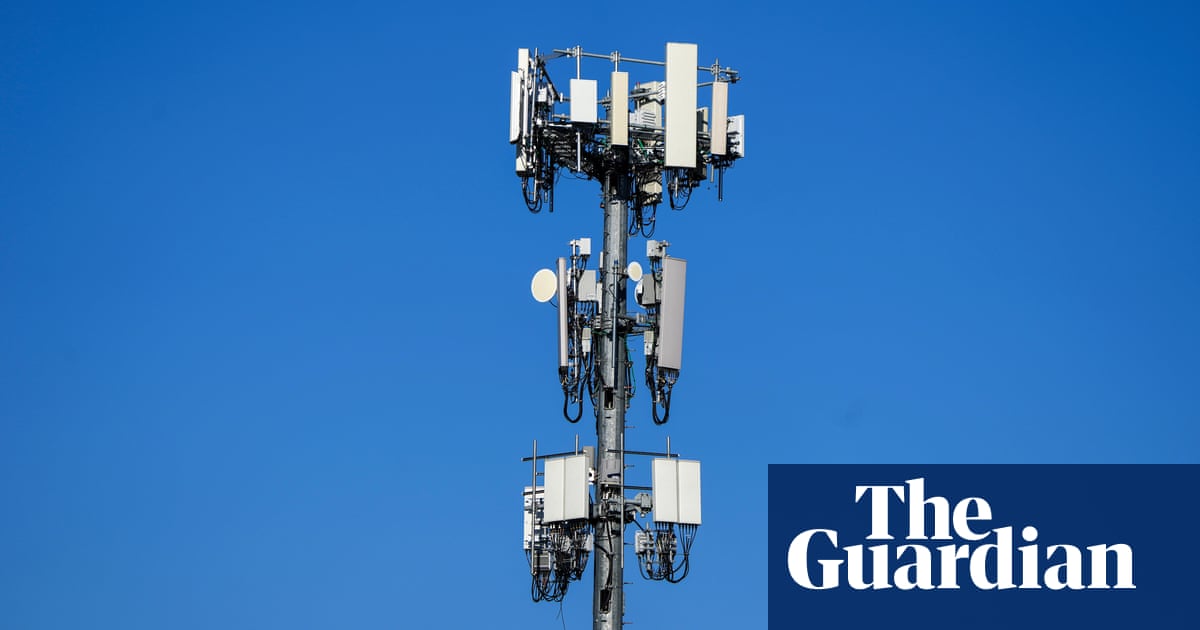
The last few weeks have seen sudden changes in US military policy in the Middle East and Central Asia, with President Donald Trump calling off talks with the Taliban in September and then abruptly pulling US troops out of northern Syrian in October. While these moves reflected Trump’s personal views and decisions, they have raised significant questions about how the American public views US military engagement in the region.
Polling and political rhetoric suggest that the US public is tired of “forever wars” in Afghanistan and Iraq, and is skeptical about any military engagement that is not clearly, directly and strongly tied to what the public sees as US interests. As the Middle East faces Iranian regional activities and the risk of Daesh resurging in Syria and Iraq, it is important to consider to what extent Americans are willing to use US military force in the region.
Polls suggest that Americans did not feel good about Trump’s decision to pull troops out of northern Syria. An October University of Maryland pollfound that only 21 percent of respondents supported the decision, while 46 percent opposed it. While Democrats were far more likely to oppose the move than Republicans, even so, only 42 percent of Republicans supported the withdrawal.
This case involved a small number of US troops who were in northern Syria in order to maintain pressure on Daesh and assist a key ally, the Syrian Kurds. Americans are more likely to support limited counterterrorism efforts than they are to support large-scale military engagements.
The reluctance to engage in major military campaigns — especially after years of war with limited benefits in Afghanistan and Iraq — is a key factor driving US public views on a potential war with Iran. The University of Maryland poll found that 75 percent of respondents said that US goals regarding Iran “did not warrant US military action,” even after the attack on Saudi oil installations. Even when respondents were given a scenario in which they felt there was sufficient evidence that Iran was responsible for the attack, 66 percent still opposed US military action in response. A SurveyMonkey/Business Insider pollin September found that only 13 percent of Americans supported US military action in response to the attack.
However, public attitudes become muddled when looking specifically at whether the US should use military action to stop Iran from acquiring nuclear weapons — an issue that feels more threatening to many Americans. A Fox News pollfrom July found that 53 percent of Americans support military action for this specific purpose. A surveyconducted in June and published in September by the Chicago Council on Global Affairs reported that 70 percent of Americans support using US troops to stop Iran from obtaining nuclear weapons. However, the Chicago Council survey also found that, when offered more specific details, the level of support became more complicated. “When asked separately what actions respondents would support if Iran withdrew from the Iran nuclear agreement, only 48 percent support conducting airstrikes against Iran’s nuclear facilities and only 40 percent favor sending US troops to destroy Iran’s nuclear facilities,” according to the report.
American views of the US role in Afghanistan vary but generally are not supportive of any sort of expanded engagement there. The University of Maryland poll found 38 percent of Democrats and 38 percent of Republicans — a rare example of partisan agreement — think that US engagement in Afghanistan has been neither successful nor unsuccessful in achieving US goals; a stunning ambivalence given the amount of blood and treasure the US has expended. The poll found extremely low levels of support for any increase in troop levels, with respondents somewhat divided between support for current troops levels (the plurality of respondents), reducing troop levels, and complete withdrawal. Gaps between Republicans and Democrats were unusually narrow in this response.
The reluctance to engage in major military campaigns is a key factor driving US public views on a potential war with Iran.
Kerry Boyd Anderson
In other areas of Afghanistan policy, partisan divides are higher. The University of Maryland poll found that 60 percent of Democrats believe the US still has an obligation to the government and people of Afghanistan, while only 30 percent of Republicans agree. An August Gallup pollfound wide partisan divides on whether the war in Afghanistan was a mistake from the start, with 53 percent of Democrats viewing it as a mistake and only 25 percent of Republicans saying the same. The poll noted that Americans overall tend to be more positive than negative on the overall US effort in Afghanistan.
While polls suggest that Republicans tend to remain more supportive of military action than Democrats, members of both parties are generally hesitant to consider engaging in significant new military actions. Trump’s own reluctance, combined with public opposition or ambivalence, makes large-scale or high-risk military action in Iran and any major expansion of the US military presence in Afghanistan unlikely. However, narratives can shift and reshape American public views, sometimes quickly.
Americans may not be keen to engage in new or expanded wars, but they are not isolationist. The Chicago Council poll shows strong majority support for an active US role in the world and for maintaining US military superiority. Americans are tired of “forever wars” but are not embracing full-scale retreat from global engagement.
Kerry Boyd Anderson is a writer and political risk consultant with more than 14 years’ experience as a professional analyst of international security issues and Middle East political and business risk. Twitter: @KBAresearch












